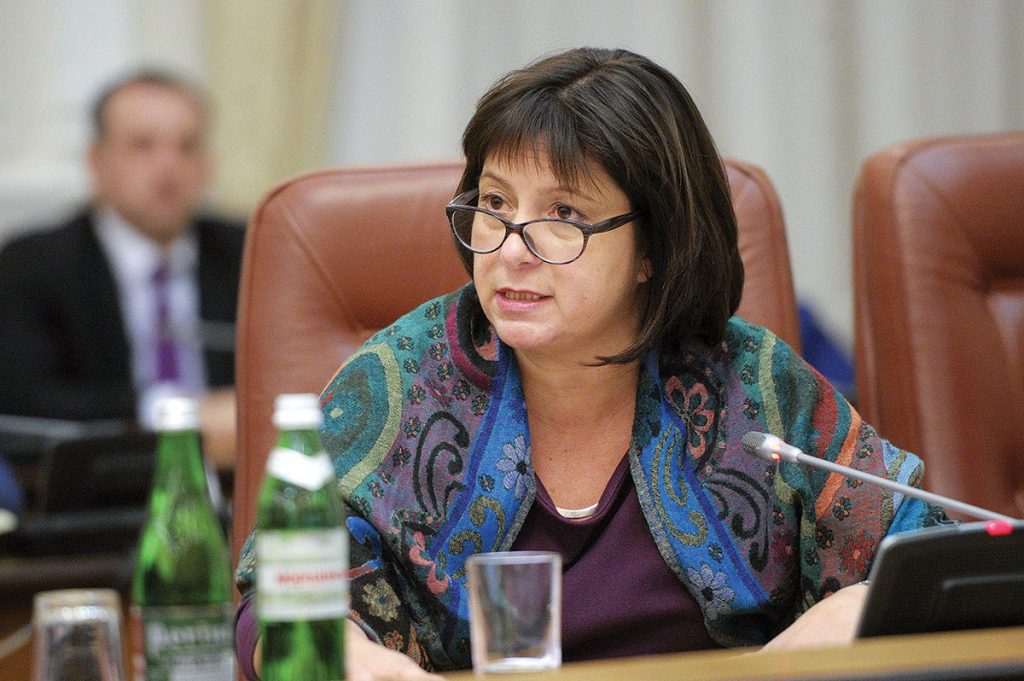Chicago-born Natalie Jaresko, Ukraine’s finance minister and now a top candidate to replace Arseniy Yatsenyuk as prime minister, addresses a Cabinet of Ministers meeting on February 4. KYIV – Chicago-native Natalie Jaresko, the current finance minister of Ukraine, is among the top candidates to succeed the embattled Arseniy Yatsenyuk as prime minister, according to Kyiv...

